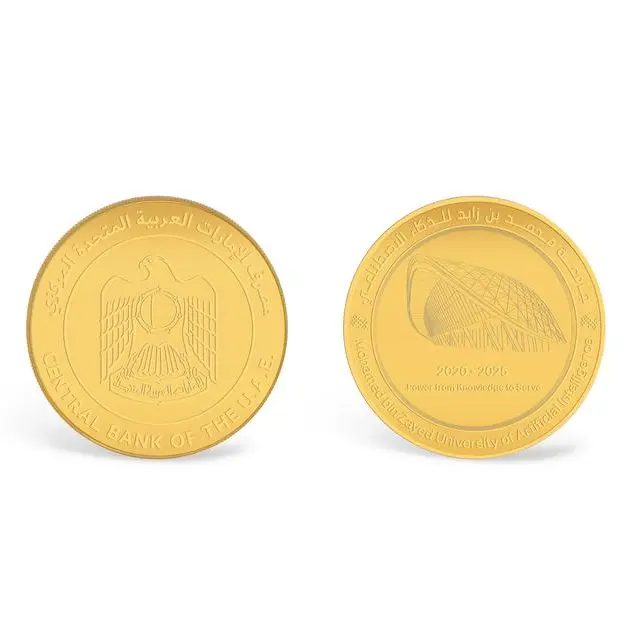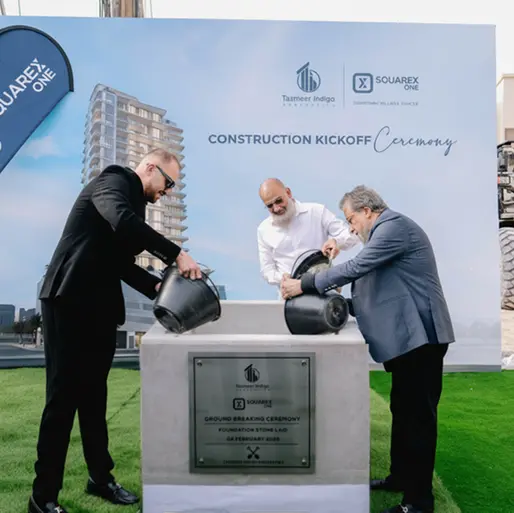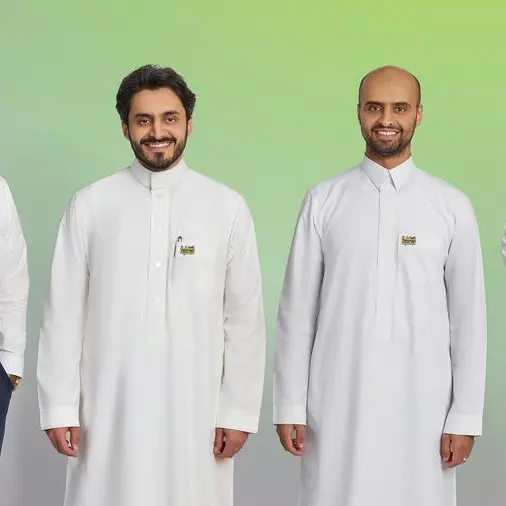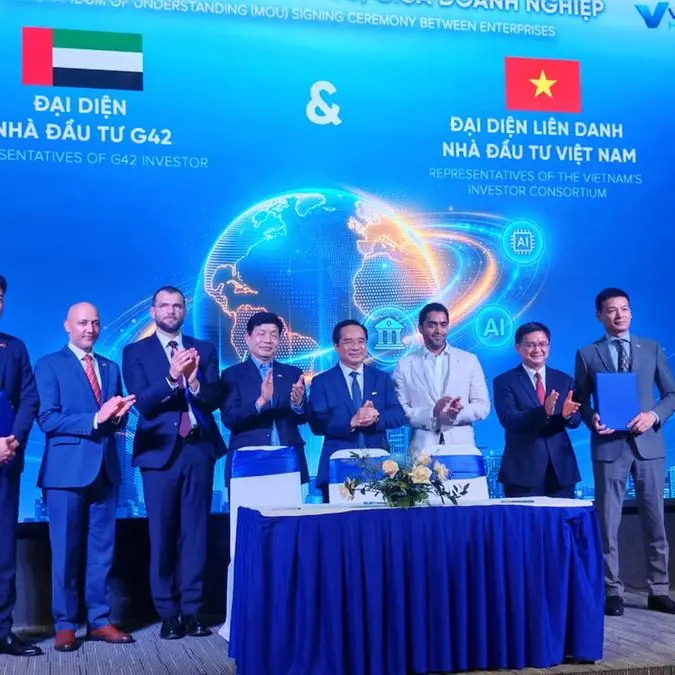Roads and Transport Authority – Majdi Abu Zaid:
Roads and Transport Authority (RTA) has won the Best Public-Private Project Award during the recent Gulf Traffic Exhibition and Conference held recently in the Dubai World Trade Center. The winning project was the Dubai Code of Practice for Self-Driving Vehicles.
HE Mattar Al Tayer, Director-General and Chairman of the Board of Executive Directors of RTA, praised the winning of this Award; which reflects RTA’s commitment to transforming 25% of mobility journeys into self-driving journeys by 2030. He called on realizing Dubai Government strategy in this regard and enhancing the cooperation with the private sector at various levels.
Al Tayer made these remarks upon accepting the Award’s trophy from Ahmed Bahrozyan, CEO of Public Transport Agency and Head of Smart & Sustainable Transport Committee at RTA. The team members and other concerned officials were also present during the event.
“Winning this Award underlines our belief that improvements in the self-driving vehicles rest on carrying out diverse trials on these vehicles. We have therefore introduced the Code of Practice to describe the minimal safety & security requirements of self-driving vehicles to be tested. Accordingly, we issue permits to companies to carry out trials within Geo-Fenced Areas to control the number of potential risks. RTA has developed this Guide, which is the first of its kind worldwide, to enable manufacturers to test the technology systematically in Dubai,” said Ahmed Bahrozyan.
“The Guide includes a clear methodology for testing these vehicles against international standards to ensure the transparency and governance of the vehicle assessment procedures. It also highlights the security and safety of passengers as well as road users.
“Applying this Guide in the testing of self-driving vehicles involves four phases. Phase 1: Compliance and test. It verifies the eligibility of manufacturers to take part in tests under specific criteria.
Phase 2: Tests within Geo-Fenced Areas. It aims to ensure the safety of vehicles for riders and road users, and the fitness of vehicles for driving on Dubai roads.
Phase 3: Assessment through Simulators. This phase aims to study the overall impact on roads network.
Phase 4: Trials on specific parts of Dubai roads network witnessing moderate traffic movement. The aim is to deploy trial vehicles with other vehicles while giving due consideration to the safety of road users.
“When the vehicle passes these stages, a no objection certificate is issued for the use of vehicles on Dubai roads as per the applicable legislation. This Guide, which will be implemented by the end of 2019, contributes to attracting manufacturers to invest in researches and trials to transform Dubai into a regional hub for self-driving vehicles,” concluded Bahrozyan.
Dubai Code of Practice for Self-driving Vehicles
-Ends-
© Press Release 2019Disclaimer: The contents of this press release was provided from an external third party provider. This website is not responsible for, and does not control, such external content. This content is provided on an “as is” and “as available” basis and has not been edited in any way. Neither this website nor our affiliates guarantee the accuracy of or endorse the views or opinions expressed in this press release.
The press release is provided for informational purposes only. The content does not provide tax, legal or investment advice or opinion regarding the suitability, value or profitability of any particular security, portfolio or investment strategy. Neither this website nor our affiliates shall be liable for any errors or inaccuracies in the content, or for any actions taken by you in reliance thereon. You expressly agree that your use of the information within this article is at your sole risk.
To the fullest extent permitted by applicable law, this website, its parent company, its subsidiaries, its affiliates and the respective shareholders, directors, officers, employees, agents, advertisers, content providers and licensors will not be liable (jointly or severally) to you for any direct, indirect, consequential, special, incidental, punitive or exemplary damages, including without limitation, lost profits, lost savings and lost revenues, whether in negligence, tort, contract or any other theory of liability, even if the parties have been advised of the possibility or could have foreseen any such damages.



















